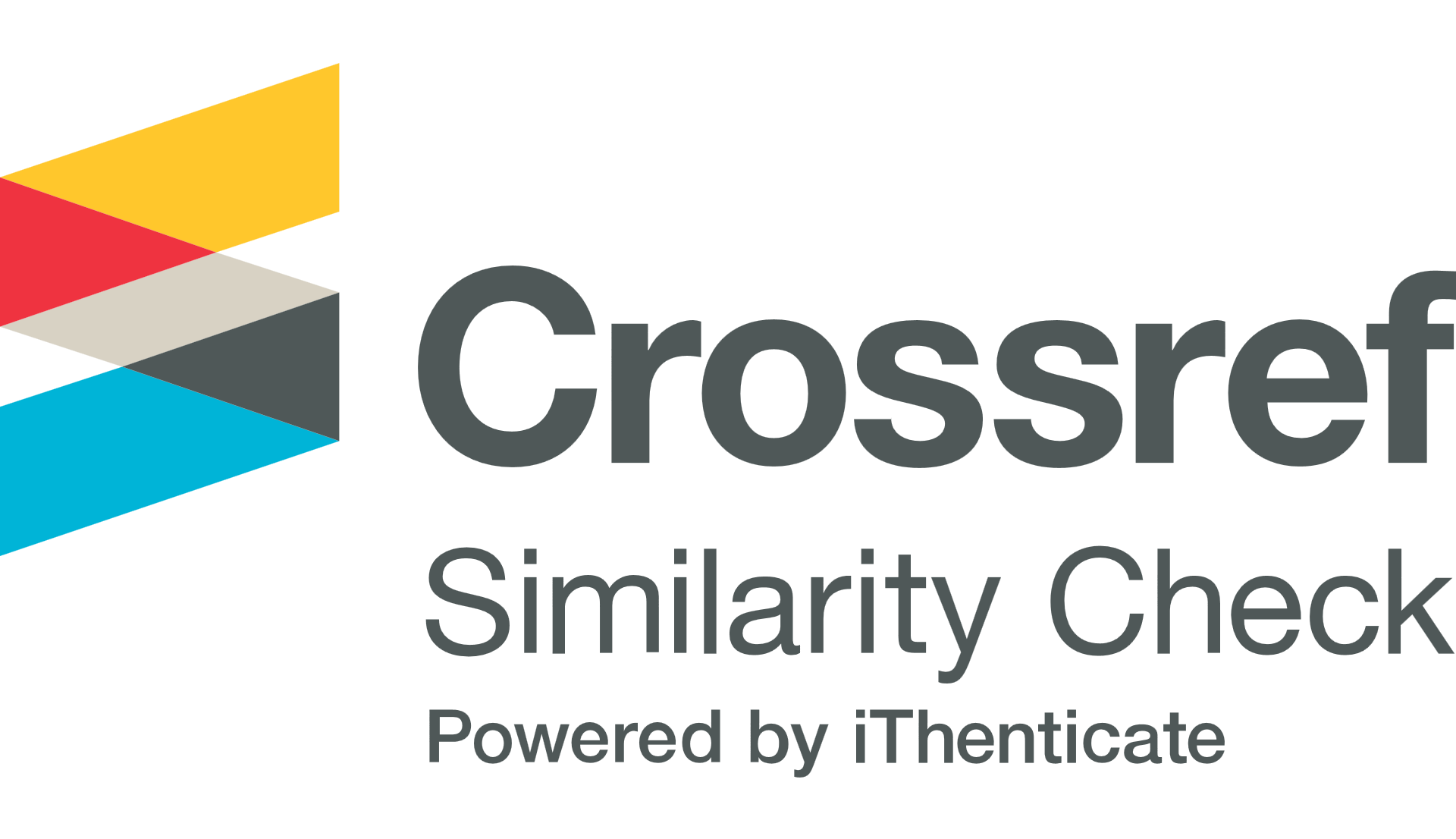Development of Seribu Rumah Gadang Village as a Tourism Destination
Keywords:
Cultural uniqueness, Tourism Destination, Tourism potentia, Domestic and international tourists, SWOT Analysis https://doi.org/10.56134/jaci.v1i2.84
https://doi.org/10.56134/jaci.v1i2.84
Abstract
The Seribu Rumah Gadang village holds immense potential as a tourist destination awaiting development. The primary objective is to foster the continuous progress and growth of the tourism sector in West Sumatra, consequently bolstering the economic landscape. This research adopts a descriptive methodology with a qualitative approach. SWOT analysis (Strengths, Weaknesses, Opportunities, Threats) is employed as the data analysis technique. The findings highlight the necessity of formulating development strategies for the village of a thousand "rumah gadang" using SWOT analysis. This approach elucidates the strengths, weaknesses, opportunities, and threats inherent in development, facilitating the formulation of an optimal development strategy. Crafting the right strategy for developing the village of a thousand "rumah gadang" as a tourist attraction is paramount. Leveraging the village's strengths to optimize tourism opportunities is identified as an effective approach. By synergizing natural beauty, cultural uniqueness, environmental sustainability, culinary delights (rendang), favorable environmental conditions, accessible infrastructure, hospitable community attitudes, and security measures provided by authorities, the village of a thousand "rumah gadang" stands poised to emerge as a premier tourist destination, appealing to both domestic and international visitors.
References
Al-Dairy, F. L. S., & Al-Saaidy, H. J. E. (2024). Urban Chaos: A descriptive study of functional overlap using the city of Babylon (Medhatiya) as a model. Ain Shams Engineering Journal, 102607. https://doi.org/https://doi.org/10.1016/j.asej.2023.102607
Arikunto, S. (2010). Prosedur penelitian suatu pendekatan praktek. In (No Title). cir.nii.ac.jp.
Armis, R., & Kanegae, H. (2020). The attractiveness of a post-mining city as a tourist destination from the perspective of visitors: A study of Sawahlunto old coal mining town in Indonesia. Asia-Pacific Journal of Regional Science, 4(2), 443–461. https://doi.org/https://doi.org/10.1007/s41685-019-00137-4
Bentil, J., Braimah, S., & Obeng, A. F. (2024). Solid Waste Management in Higher Educational Institution: An Investigation Using the SWOT Analysis and the Circular Economy Principle Perspective. Circular Economy and Sustainability, 1–19. https://doi.org/https://doi.org/10.1007/s43615-024-00349-7
Danish, M. S. S., Ahmadi, M., Zaheb, H., & Senjyu, T. (2024). Sustainable Energy Policies Formulation Through the Synergy of Backcasting and AI Approaches. International Conference on Collaborative Endeavors for Global Sustainability, 133–161. https://doi.org/https://doi.org/10.1007/978-3-031-53574-1_6
Iskandar, A., Fitriani, R., Ida, N., Sitompul, P. H. S., & others. (2023). Dasar Metode Penelitian. Yayasan Cendekiawan Inovasi Digital Indonesia.
la Mora Tostado, S., Hernández-Vargas, E. A., & Núñez-López, M. (2024). Modeling human trafficking and the limits of dismantling strategies. Social Network Analysis and Mining, 14(1), 84. https://doi.org/https://doi.org/10.1007/s13278-024-01208-x
Mbanaso, U. M., Abrahams, L., & Okafor, K. C. (2023). Research philosophy, design and methodology. In Research Techniques for Computer Science, Information Systems and Cybersecurity (pp. 81–113). Springer. https://doi.org/https://doi.org/10.1007/978-3-031-30031-8_6
McDermott, R. (2023). On the scientific study of small samples: Challenges confronting quantitative and qualitative methodologies. The Leadership Quarterly, 34(3), 101675. https://doi.org/https://doi.org/10.1016/j.leaqua.2023.101675
Ohlan, R., & Ohlan, A. (2024). Religious tourism scholarship: current state and future research directions. Journal of Islamic Marketing, 15(3), 800–818. https://doi.org/https://doi.org/10.1108/JIMA-05-2023-0152
Oktari, R. S., Latuamury, B., Idroes, R., Sofyan, H., & Munadi, K. (2023). Knowledge management strategy for managing disaster and the COVID-19 pandemic in Indonesia: SWOT analysis based on the analytic network process. International Journal of Disaster Risk Reduction, 85, 103503. https://doi.org/https://doi.org/10.1016/j.ijdrr.2022.103503
Palazzo, M., & Micozzi, A. (2024). The SWOT Analysis: An Evolving Decision-Making Model. In Rethinking Decision-Making Strategies and Tools: Emerging Research and Opportunities (pp. 53–70). Emerald Publishing Limited. https://doi.org/https://doi.org/10.1108/978-1-83797-204-320241004
Pettit, K. L., Balogun, J., & Bennett, M. (2023). Transforming Visions into Actions: Strategic change as a future-making process. Organization Studies, 44(11), 1775–1799. https://doi.org/https://doi.org/10.1177/01708406231171889
Polkinghorne, M., Pearson, N., van Duivenvoorde, W., Nayati, W., Tahir, Z., Ridwan, N. N. H., Forrest, C., Tan, N. H., Popelka-Filcoff, R., Morton, C., & others. (2024). Reuniting orphaned cargoes: Recovering cultural knowledge from salvaged and dispersed underwater cultural heritage in Southeast Asia. Marine Policy, 163, 106074. https://doi.org/https://doi.org/10.1016/j.marpol.2024.106074
Puyt, R. W., Lie, F. B., & Wilderom, C. P. M. (2023). The origins of SWOT analysis. Long Range Planning, 56(3), 102304. https://doi.org/https://doi.org/10.1016/j.lrp.2023.102304
Rangkuti, F. (2014). Analisis SWOT: teknik membedah kasus bisnis cara perhitungan bobot rating dan OCAI. senayan.iain-palangkaraya.ac.id.
Reindrawati, D. Y. (2023). Challenges of community participation in tourism planning in developing countries. Cogent Social Sciences, 9(1), 2164240. https://doi.org/https://doi.org/10.1080/23311886.2022.2164240
Sjafrizal. (2014). Perencanaan pembangunan daerah dalam era otonomi. PT RajaGrafindo Persada.
Sugiono, S. (2016). Metode penelitian kuantitatif, kualitatif, dan r & d. In Bandung: Alfabeta.
Ystgaard, K. F., & De Moor, K. (2023). Envisioning the future: a multi-disciplinary approach to human-centered intelligent environments. Quality and User Experience, 8(1), 11. https://doi.org/https://doi.org/10.1007/s41233-023-00064-5
Published
How to Cite
Issue
Section
Copyright (c) 2024 Gisky Andria Putra

This work is licensed under a Creative Commons Attribution-NonCommercial-ShareAlike 4.0 International License.















